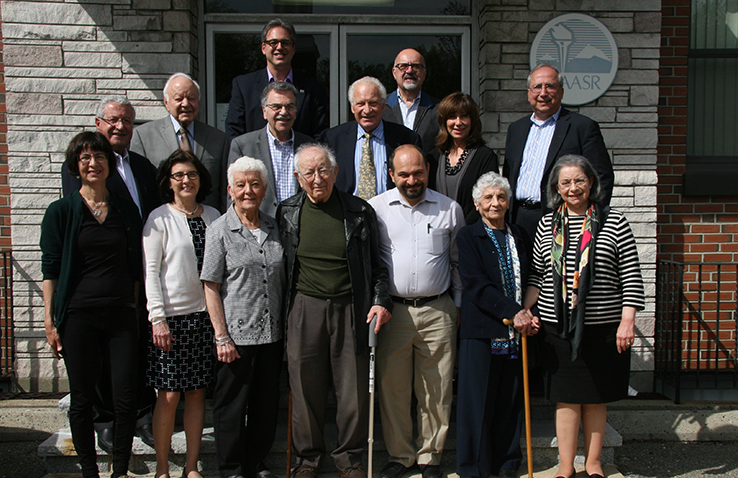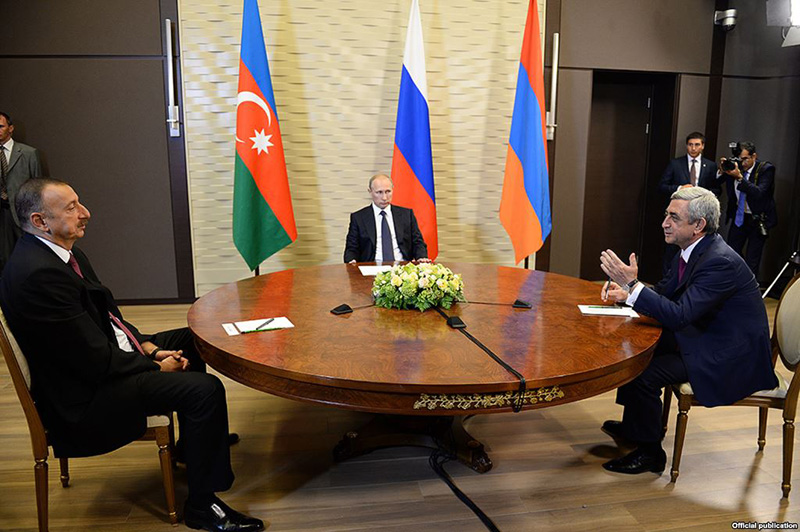WORCESTER, MA — Letters referring to a decision to “annihilate” all Armenians have been authenticated as the work of Bahaettin Şakir, one of the architects of the Armenian Genocide, according to a new study by Clark University history professor Taner Akçam. His paper, “When was the Decision to Annihilate the Armenians Taken?” appears in the Journal of Genocide Research.
Akçam, who has studied the genocide for decades, writes that the signatures on the two letters, dated March 3 and April 7, 1915, match those of Şakir on other documents. Akçam also says he has unearthed new documents from the Ottoman Archives showing initial decisions to exterminate groups of Armenians were taken by a local branch of the paramilitary organization, Teşkilat-ı Mahsusa(Special Organization), led by provincial governors in December 1914.
The first letter studied by Akçam states that the Committee of Union and Progress (CUP) “has decided to annihilate all of Armenians living within Turkey, not to allow a single one to remain, and has given the government broad authority in this regard.” The second letter reiterates this message. Previously, the authenticity of these letters was questioned but, according to Akçam, signature comparison indicates they were authored by Şakir — who, as head of the Teşkilat-ı Mahsusa, helped to plan and carry out the genocide.
“These letters indicate there was an actual, conscious decision taken to annihilate the empire’s Armenian population and that it was taken before 3 March 1915,” says Prof. Akçam. “Moreover, there were other related decisions which preceded this final one, as a series of documents we discovered in the Ottoman Archives shows.”
These documents suggest that initial decisions to eliminate groups of Armenians were not taken by the Central Committee of the CUP and/or by the central government, but by governors in the provinces of Van and Bitlis.
“In their communications – both with Istanbul and with one another – the governors did not see the need to use vague language or euphemisms in referring to the annihilation of the Armenians, but spoke of it openly, even offering a number of tangible ideas regarding how such an extermination could or should be carried out,” says Prof. Akçam.
Policy decisions regarding the elimination of Armenians, while initially made at the regional level, would eventually serve to pressure the central government in Istanbul to adopt a more radical overall policy, he concludes.










